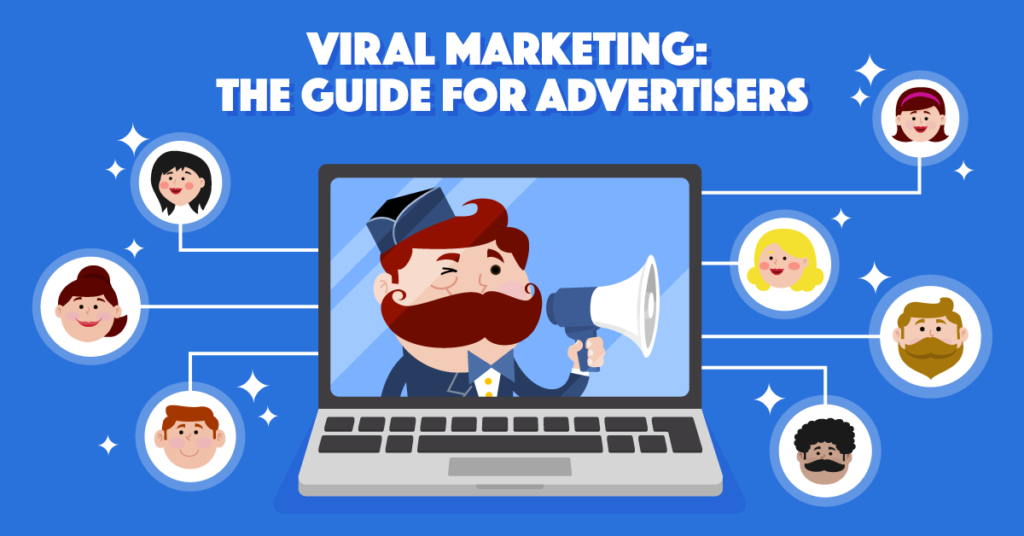Viral Marketing: In today’s competitive business landscape, companies are constantly seeking innovative and cost-effective ways to promote their products or services. One such strategy that has gained significant traction is viralmarketing.
By harnessing the power of the internet and social media, businesses can create captivating campaigns that rapidly spread like wildfire, generating immense brand exposure and driving unprecedented customer engagement.
What is Viral Marketing?
Viral Marketing Defined: Viral marketing refers to a marketing strategy that relies on the rapid spread of information, ideas, or messages through online platforms and social networks.
The primary objective is to create content that resonates with the target audience, compelling them to share it with their own networks, thereby exponentially increasing its reach.
Advantages of Viral Marketing
- Wide-reaching Brand Exposure: By leveraging the power of social media, viral marketing campaigns have the potential to reach millions of users within a short span of time. The viral nature of the content ensures that it spreads rapidly, allowing businesses to achieve unparalleled brand exposure and visibility.
- Cost-effectiveness: Compared to traditional marketing methods, viralmarketing can be incredibly cost-effective. Creating compelling content that resonates with the audience can be done on a limited budget. Once the content goes viral, the costs associated with its promotion are minimal, as users willingly share it across their social networks.
- Enhanced Customer Engagement: ViralMarketing campaigns have the unique ability to captivate and engage audiences, sparking conversations and encouraging interactions. By creating content that is entertaining, informative, or thought-provoking, businesses can establish a deeper connection with their target market, fostering long-term loyalty and increased customer engagement.
Strategies for Effective ViralMarketing
- Develop Shareable Content: Creating content that is shareable is crucial to the success of a viral marketing campaign. Focus on producing high-quality videos, infographics, or blog posts that evoke emotions, provide value, or offer a unique perspective. Such content is more likely to be shared and engaged with by the audience.
- Utilize Influencer Marketing: Collaborating with influencers who have a significant following and influence in your target market can amplify the reach and impact of your viralmarketing campaign. Influencers can help promote your content to their loyal followers, increasing the likelihood of it going viral.
- Encourage User-generated Content: Involve your audience by encouraging them to create and share their own content related to your brand or campaign. This not only fosters a sense of community but also increases the chances of your content being shared across various platforms.
Measuring Viral Marketing Success
- Track Social Media Metrics: Monitor the performance of your viral marketing campaign by analyzing key social media metrics such as reach, engagement, shares, and comments. Tools like Google Analytics and social media analytics platforms can provide valuable insights into the success and effectiveness of your campaign.
- Assess Brand Impact: Evaluate the impact of your viral marketing campaign on your brand’s visibility, awareness, and perception. Conduct surveys, analyze customer feedback, and monitor brand mentions to gauge the overall impact of your campaign.
Conclusion
Viral marketing has emerged as a low-cost and highly effective strategy for businesses to rapidly expand their reach and engage with their target audience.
By creating compelling and shareable content, leveraging influencer partnerships, and encouraging user-generated content, businesses can unlock the viral potential and enjoy the benefits of extensive brand exposure and customer engagement.
As the digital landscape continues to evolve, viral marketing remains an indispensable tool in a marketer’s arsenal, capable of delivering remarkable results even with limited resources.

